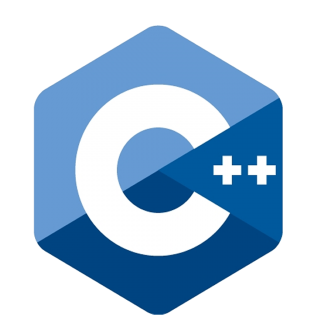19 Feb 2023
Hello World Program in C (Day 02_1)
Hello World Program in C

Keypoints
- Compiling and running a simple C program
Hello world
// hello_world.c
#include <stdio.h>
// Print "Hello, world!" followed by newline and exit
int main(void){
printf("Helllo, world\n");
return 0;
}
// Compilation command line
$ gcc hello_world.c -std=c99 -pedantic -Wall -Wextra
$ ./a.out
// Output
Hello, world!
- #include is a preprocessor directive, similar to import in Python
- **** means it's defined in stdio.h(standard input output package); **.h** is "header file"
- main is a function, every program has exactly one main
- int is the return type
- (void) says the main function takes no inputs/parameters
- printf prints a string to “standard out” (terminal)
- \n denotes the newline character
- return 0 means “program completed without error”
- gcc is the compiler; hello_world.c is the cpp file name;
- Switches in compilation command: -std=c99 is to use the c99 standard from 1999 year; -pedantic -Wall -Wextra is to get full feedback, i.e. error and warning (potential error)
- ./ is the execution sign; . is current directory
- a.out is the compilation default file name
Basic C/C++ programming workflow
- Edit file (using EMACS or VIM)
- Compile using GNUplot C compiler (gcc) to compile, link, and create excut
- If compile-time errors reported, edit .c file and re-compile
- Run the excutable file
- If run-time errors reported/detected, go back to edit step
Inside the compiler
- Step 1:preprocessor
- Bring together all the code that belongs together
- Process the directives that start with #, such as #include
- also #define (to ensure library exists)
- Step 2:compiler
- Turn human-readable source code into object code
- Might yield warnings and errors if mistakes are “visible” to compiler
- Step 3:linker
- Bring together all the relevant object code into a single excutable file
- Might yield warnings and errors if relevant code is missing, naming conflicts, etc
many .c files --compiler--> many .o files --linker--> one excutable file

